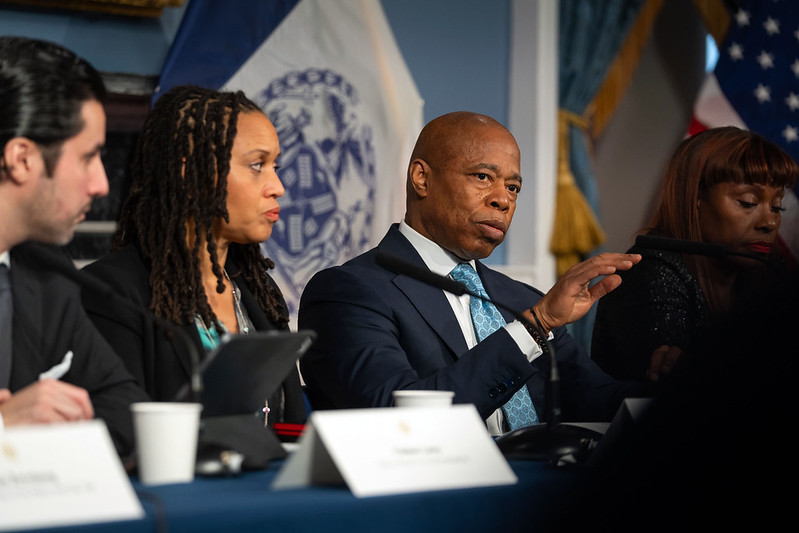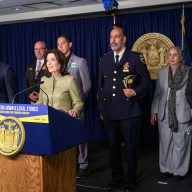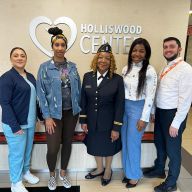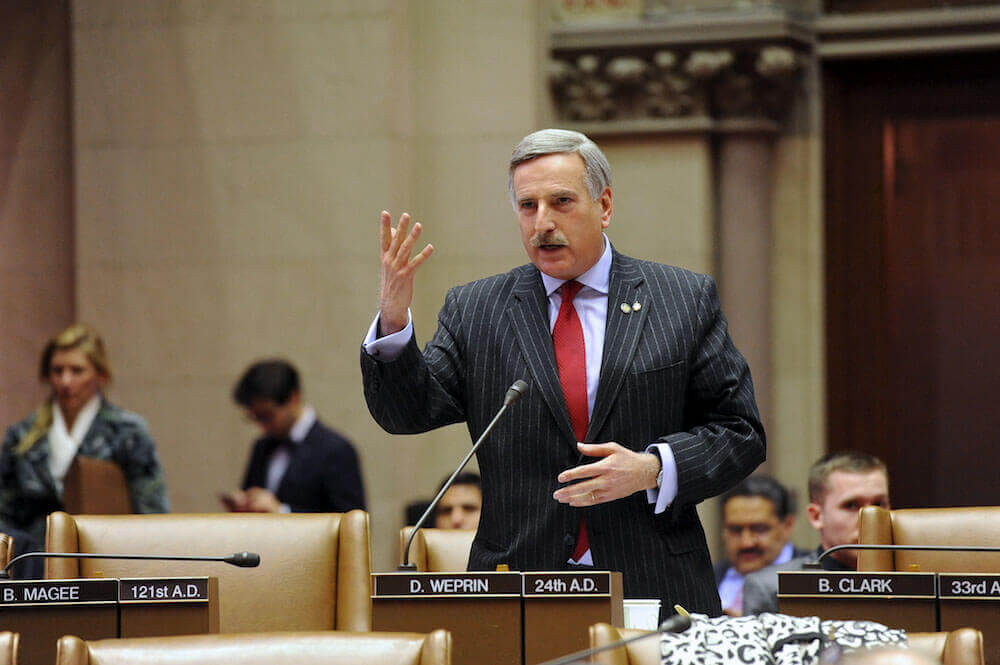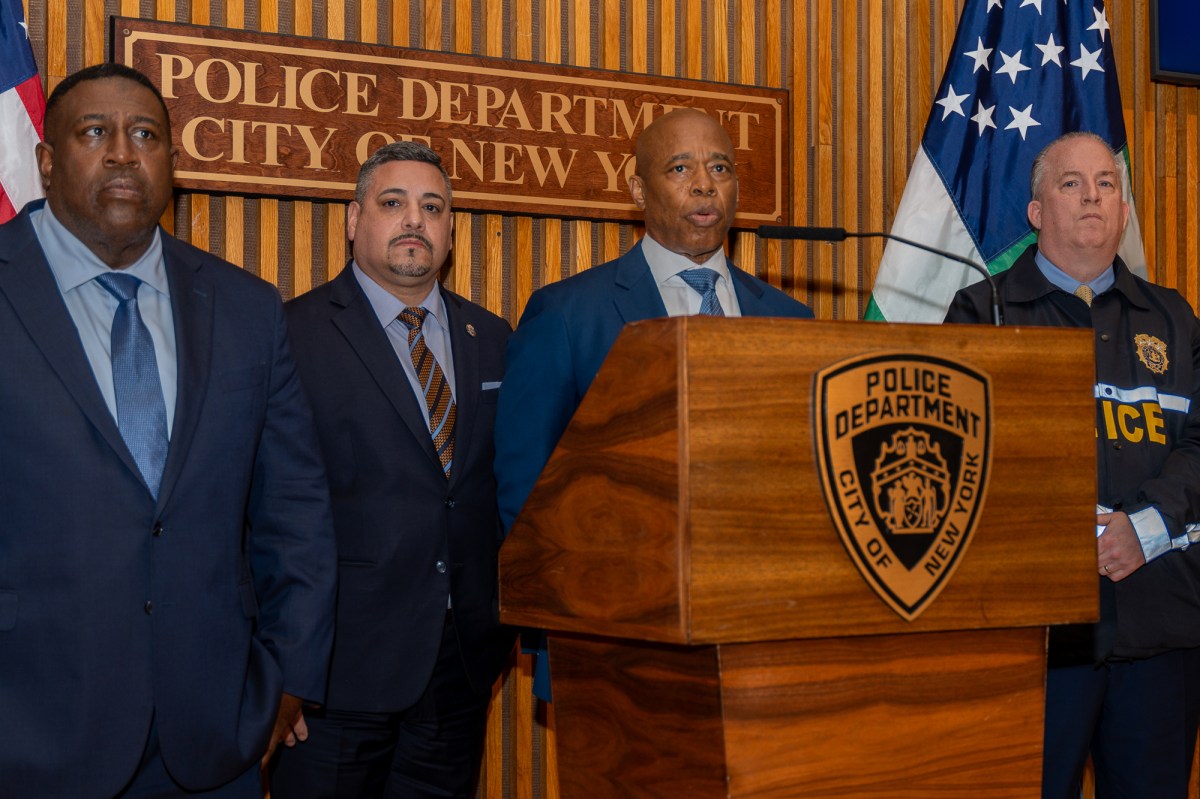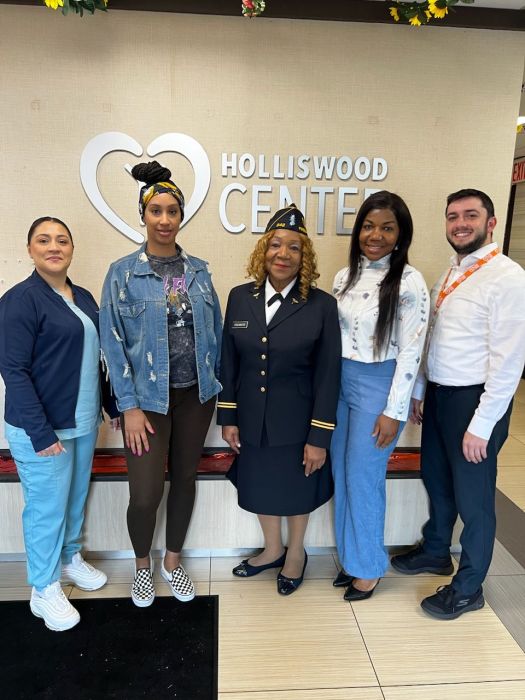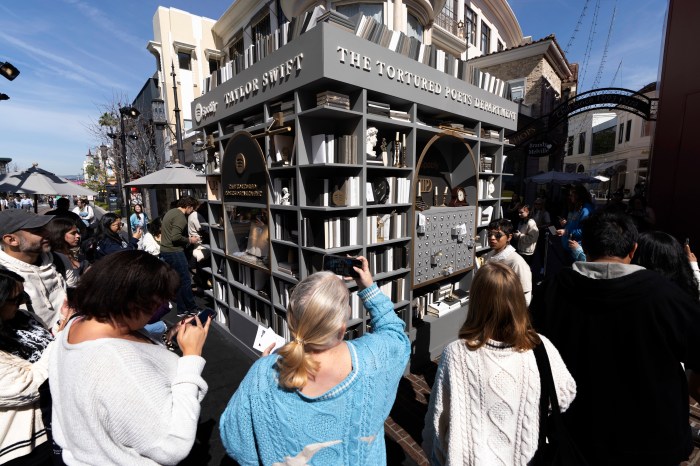By Sophia Chang
The mayor touched on issues ranging from zoning to education to development in front of about 300 people at MS 67's auditorium at 51-60 Marathon Parkway at a forum organized by the Little Neck Pines and Douglaston civic associations.Bloomberg praised Queens as a land of desirable neighborhoods with good residential life and many excellent schools that draw families.”This is a borough that people want to live in,” Bloomberg said. “What you have are problems of success, not problems of failure.”But problems of success are still issues to work on, he acknowledged, with top priority placed on relieving the burdens of overcrowding and overdevelopment.”Here you really do have great schools,” he said. “But we do have an overcrowding problem. There are not enough seats in the city. As Douglaston and Little Neck gear up to join the rezoning process with plans to apply for the same strict building criteria that recently became law in Bayside, Bloomberg said the borough's need for housing would be balanced with the need to protect residential neighborhoods.”I'm determined that we are going to preserve the character of this borough,” he said. “It is the uniqueness of each neighborhood that makes it livable.”Bloomberg also noted the city and state's efforts to protect Udalls Cove, the marshy wetlands east of Douglaston.”Today the state Department of Environmental Conservation is going to stop issuing (development) permits there, end of story,” he said. In addition, the city has allocated about $4 million to acquire the wetlands for a public park during his administration.The civic associations opened the meeting up for questions from the audience, most of which focused on improving communication with the city and tracking accountability.”Some agencies welcome our input and concerns,” said Bob Nobile, president of the Little Neck Pines Civic Association. “But there are times when our civic associations get a flat out no, with no explanation.” He asked for each agency to have a liaision to communicate with the public and explain complicated issues such as zoning in layman's terms.”That's a great idea,” Bloomberg said, noting that there are about 50,000 calls a day to the 311 informational hotline. “Most agencies are cooperative, but you and everybody in this room, in this city deserves an answer to their questions.”Urban planner Paul Graziano, who helped draft the initial study behind the recent rezoning of Bayside, asked why a borough fighting against overdevelopment is often overlooked by the city's Landmarks Preservation Commission in preserving notable buildings, landmarks and neighborhoods. “We are ignored sometimes,” he said. “How can we get more landmarking and more historic districts?”The agency's commissioner, Robert Tierney, acknowledged there was work to be done.”We're on the case,” he said. “We can do more. We will do more.”Recognizing the strong civic activism in northeast Queens, Bloomberg said that the input of residents are essential to the workings of good government.”In the end, the people who are going to fix these problems are the people in this audience,” he said.Reach reporter Sophia Chang by e-mail at news@timesledger.com, or by phone at 718-229-0300, Ext. 146.








